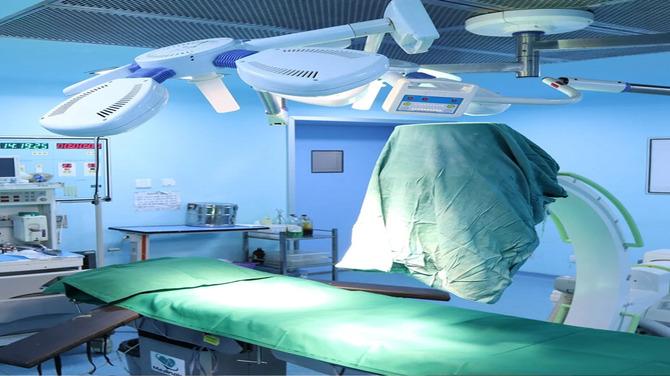
A cardiologist is a medical doctor who specializes in diagnosing, treating, and preventing heart and cardiovascular diseases. They focus on conditions such as coronary artery disease, heart failure, arrhythmias, and hypertension, among others.
Key Responsibilities of a Cardiologist:
- Diagnosis: Performing tests such as echocardiograms, stress tests, and electrocardiograms (ECGs) to assess heart health.
- Treatment: Developing treatment plans that may include medications, lifestyle changes, or procedures like angioplasty or catheterization.
- Prevention: Educating patients on lifestyle modifications to reduce the risk of heart disease, including diet, exercise, and smoking cessation.
- Management of Chronic Conditions: Monitoring and managing long-term heart conditions to prevent complications.
- Intervention: Some cardiologists are interventional cardiologists, specializing in minimally invasive procedures to treat heart conditions.
- Collaboration: Working with other healthcare professionals, including primary care doctors and surgeons, to provide comprehensive care.

